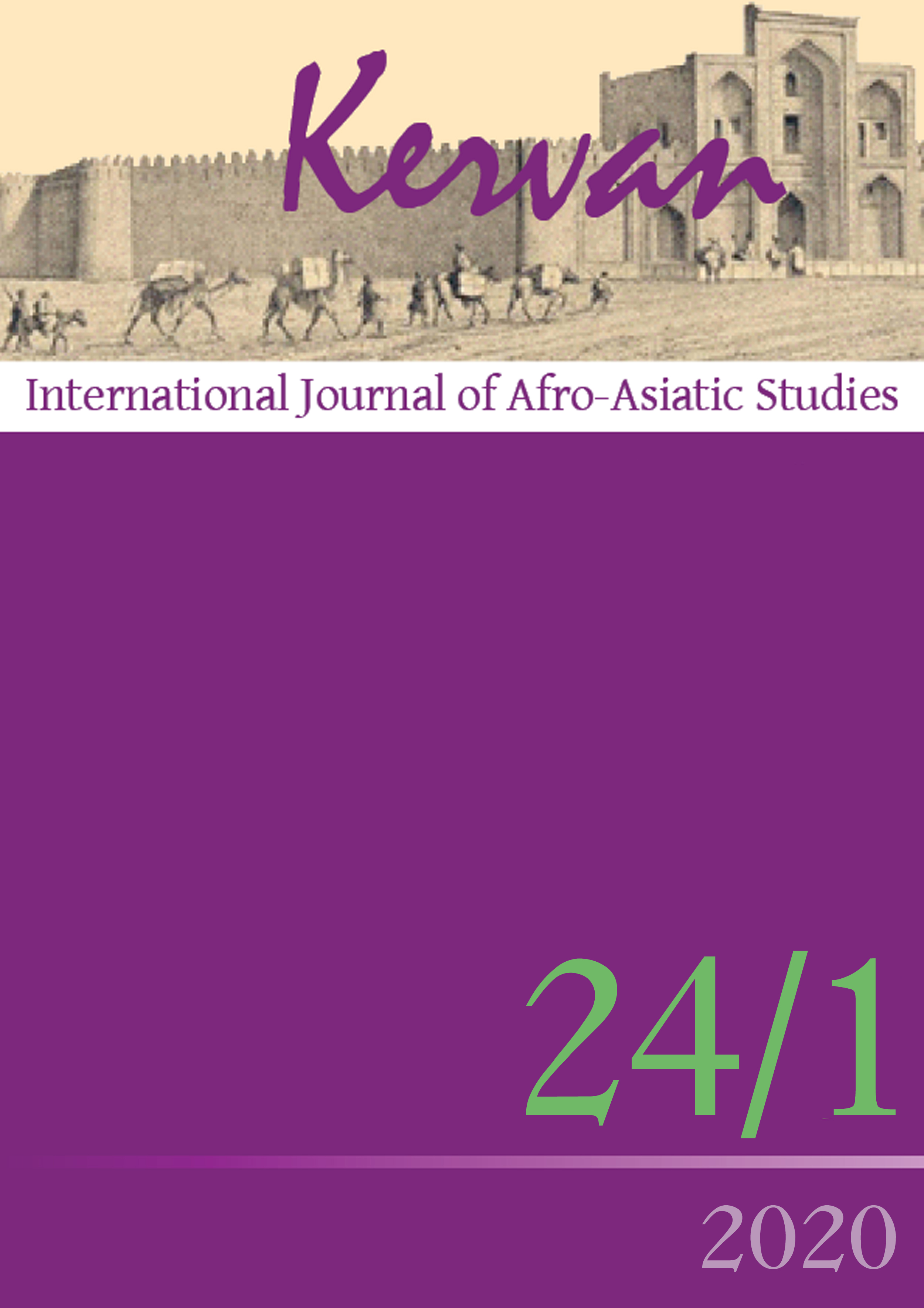Motion Verbs of Manner in FrameNet: A Comparison between Persian and English
DOI:
https://doi.org/10.13135/1825-263X/4106Keywords:
xxxxAbstract
This study aims to comparatively investigate the semantic frames of motion verbs in Persian and English within the framework of the frame semantics theory (Fillmore 1977; 1982; 1985). As far as motion verbs are concerned, it is obvious that Manner is considered as one of the motion components expressed by either the verb or any element other than the verb. In English — a satellite-framed language (Talmy 2000b) — Manner is shown by motion verbs, whereas in Persian it is typically indicated by non-verbal elements, although there are also some verbs via which Manner is encoded. Within this study, thirty English verbs of manner were selected from among the ones Levin (1993) has introduced and then the verbs were translated into Persian and looked up through the Persian Corpus of Bijankhan to achieve their contexts of use. Next, FrameNet was asked for the semantic frame each verb evoked. Thereafter, comparing the semantic frames in the two languages, it was revealed that not every verb of manner does exist as a Lexical Unit in FrameNet. Likewise, not for every verb was a specified semantic frame either. Moreover, the frames for some other verbs have been defined in such a way that they cannot semantically distinguish those verbs from each other, whereas such distinctions are prominent in both manner verbs and the frames they evoke especially in Persian.Downloads
Download data is not yet available.
References
xxxx
Downloads
Issue
Section
Articles
License
Gli autori che pubblicano su Kervan accettano le seguenti condizioni:
- Gli autori mantengono i diritti sulla loro opera e cedono alla rivista il diritto di prima pubblicazione dell'opera, contemporaneamente licenziata sotto una Licenza Creative Commons - Attribuzione che permette ad altri di condividere l'opera indicando la paternità intellettuale e la prima pubblicazione su questa rivista.
- Gli autori possono aderire ad altri accordi di licenza non esclusiva per la distribuzione della versione dell'opera pubblicata (es. depositarla in un archivio istituzionale o pubblicarla in una monografia), a patto di indicare che la prima pubblicazione è avvenuta su questa rivista.


 The articles that have appeared on Kervan since 2016 are rated as Class A in the system of National Scientific Qualification (ASN, disciplines 10/N1 and 10/N3).
The articles that have appeared on Kervan since 2016 are rated as Class A in the system of National Scientific Qualification (ASN, disciplines 10/N1 and 10/N3). The journal has been approved for inclusion in DOAJ. The DOAJ listing of the journal is available at
The journal has been approved for inclusion in DOAJ. The DOAJ listing of the journal is available at  The journal has been approved for inclusion in ERIH PLUS. The ERIH PLUS listing of the journal is available at
The journal has been approved for inclusion in ERIH PLUS. The ERIH PLUS listing of the journal is available at  Kervan was just accepted for indexing in SCOPUS. This important milestone ensures that articles published in Kervan are easily found when searching for library, archives and Information science and it enables Kervan authors to keep track of how often their article has been cited by others.
Kervan was just accepted for indexing in SCOPUS. This important milestone ensures that articles published in Kervan are easily found when searching for library, archives and Information science and it enables Kervan authors to keep track of how often their article has been cited by others.

